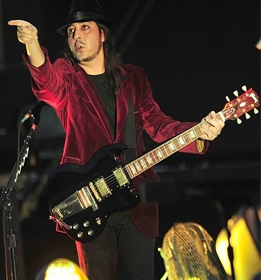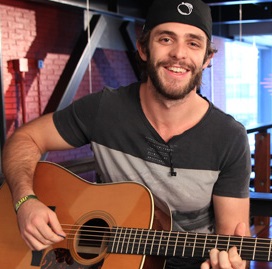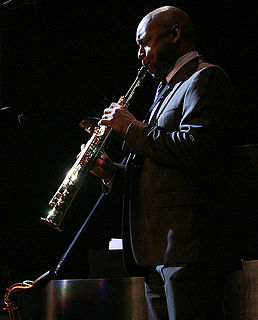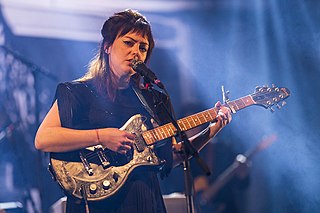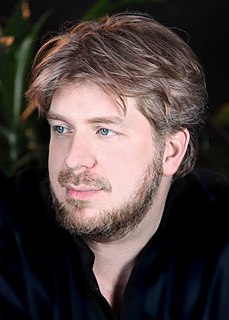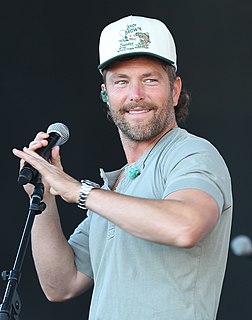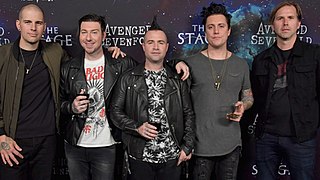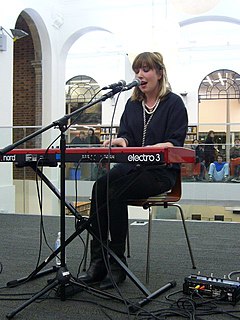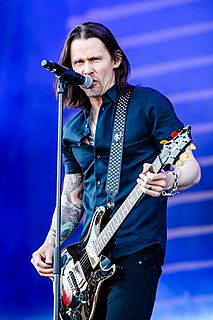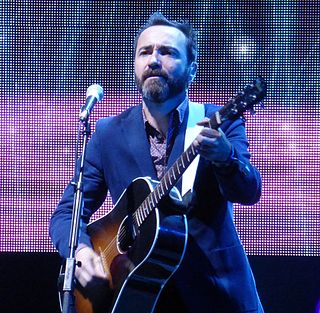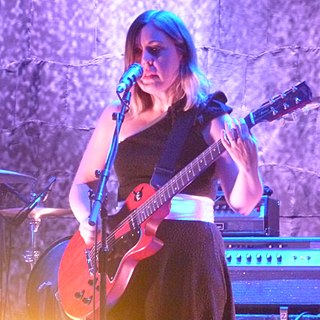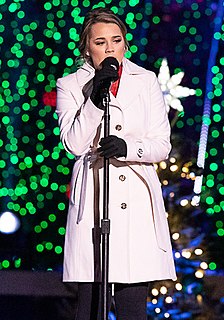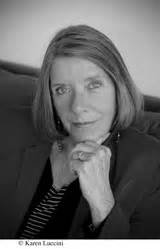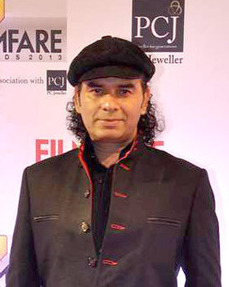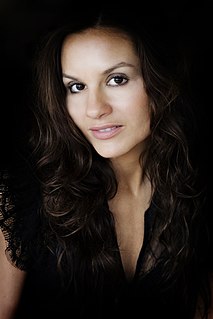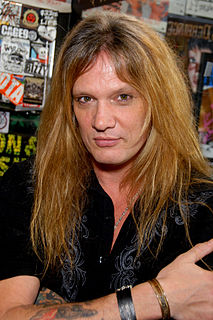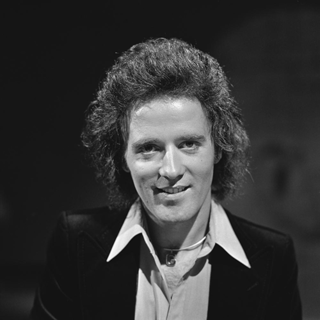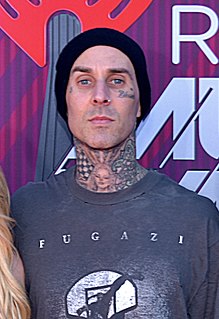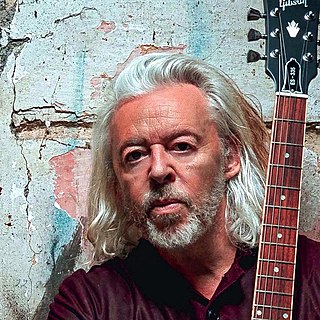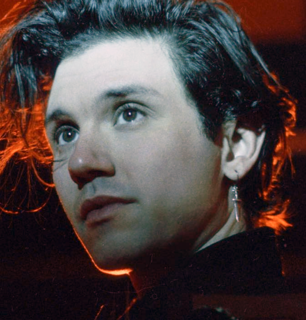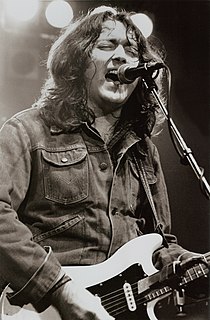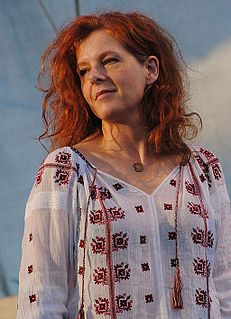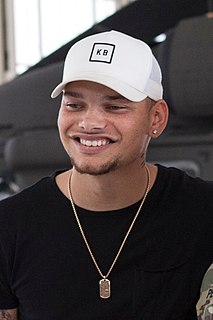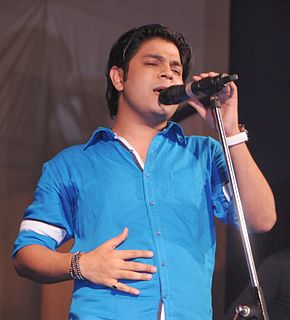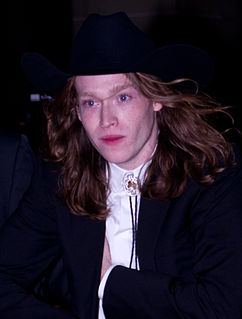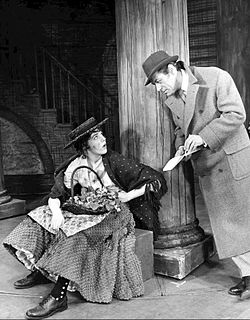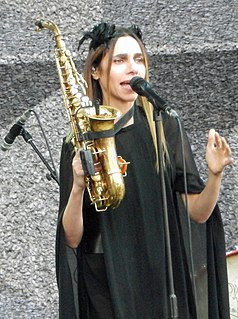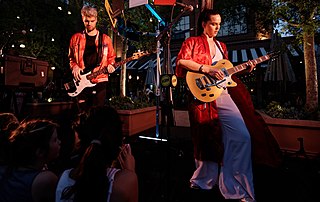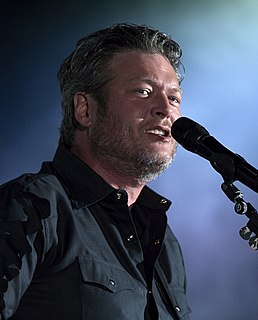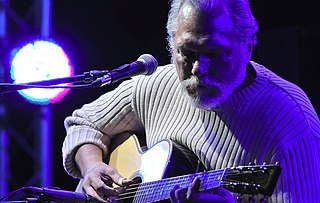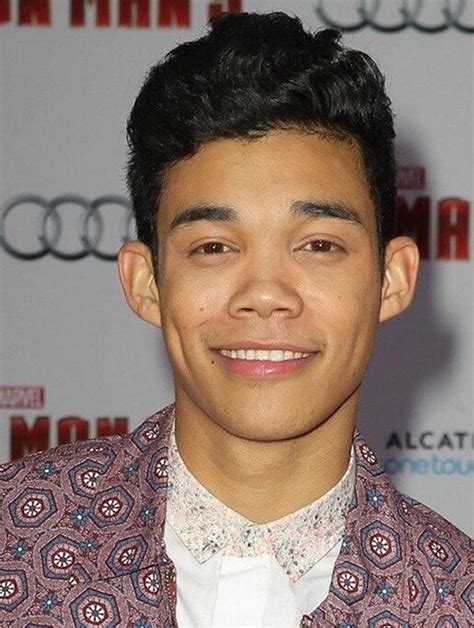Top 1200 Writing Songs Quotes & Sayings - Page 19
Explore popular Writing Songs quotes.
Last updated on September 19, 2024.
Actually, I've taught creative writing in Turkey, at an English language university, where the students were native Turkish speakers, but they were writing their essays in English, and they were very interesting - even the sense of structure, the conventions of writing, the different styles of writing.
We didn't say, 'Hey, we're gonna pick a bunch of cover songs,' or, 'We're gonna write an original song that has to sound like this, because we're a metal band, so we're gonna cover some metal songs.' We did the opposite. We just said, 'We're gonna have fun with these songs, and we're gonna try different things.'
Writing has to do with truth-telling. When you're writing, let's say, an essay for a magazine, you try to tell the truth at every moment. You do your best to quote people accurately and get everything right. Writing a novel is a break from that: freedom. When you're writing a novel, you are in charge; you can beef things up.
I wanted to try to make songs that worked as songs, not just as productions. People wanted me to do a solo acoustic session, they were like "Can you play song on the piano?" and I was like "Not really. It doesn't really work." I wanted to write songs that would work in a variation of instrumentation.
It is jazz music that called me to be a musician and I have always sang the songs that moved me the most. Singers, like Frank Sinatra and myself, we interpret the songs that we like. Not unlike a Shakespearean actor that goes back to the greatest words ever written, we go back to the greatest songs.
Whether it's writing a monologue or writing standup or writing a screenplay or writing a play, I think staying involved in the creation of your own work empowers you in a way, even if you don't ever do it. It gives you a sense of ownership and a sense of purpose, which I think as an actor is really important.
Right now-whether you're in writing courses getting "paid" in credit for writing, or burdened and distracted by earning a living and changing diapers-figure out how to make writing an integral part of your life. Publication is good, and gives you the courage to go on, but publication is not as important as the act of writing.
Writing fiction is very different to writing non-fiction. I love writing novels, but on history books, like my biographies of Stalin or Catherine the Great or Jerusalem, I spend endless hours doing vast amounts of research. But it ends up being based on the same principle as all writing about people: and that is curiosity!
